You must be logged in to post a review.
Cartorhynchus, resting – Life Sized Dinosaur
€75.00
Life Sized Dinosaur! Please see image for size. Not all dinos were huge, some were in more handy sizes.
1 model. In parts, easy to assemble. Includes the nice looking base.
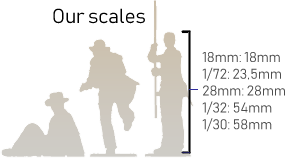
- Measured from top of base to top of head
- Want size a little different? No problem, please write below!
- Need entirely other scale? Please mail us!
If the picture of the figure shows a base, then the figure will come with a base unless you request otherwise. If no base is shown in the picture, then you will need to request a base on the figure if you would like one.
Cartorhynchus lenticarpus is a recently discovered extinct reptile that lived during the Middle Triassic period, approximately 244 million years ago. It is notable for its unique characteristics and its role in the evolutionary history of reptiles. Here are some interesting facts about Cartorhynchus:
Discovery: Cartorhynchus was first described in 2020 based on fossil specimens found in China. Its name, “Cartorhynchus,” means “short snout” in reference to its distinctive facial features.
Ancestral Reptile: Cartorhynchus belongs to a group of reptiles known as the protorosaurs, which are an early branch of the reptile evolutionary tree. It provides valuable insights into the early diversification of reptiles.
Aquatic Lifestyle: This reptile is believed to have had a semi-aquatic lifestyle, similar to modern-day crocodiles. Its body shape and limb adaptations suggest it was well-suited for swimming and hunting in aquatic environments.
Size: Cartorhynchus was relatively small, with an estimated length of about 60 centimeters (2 feet). It had a long, slender body and a short snout.
Teeth: One of the distinctive features of Cartorhynchus is its teeth. It had conical, pointed teeth adapted for catching fish and other aquatic prey.
Finned Limbs: This reptile had limb bones with adaptations for swimming, including long, paddle-like fingers and toes, similar to those seen in early aquatic reptiles.
Nasal Openings: Cartorhynchus had external nasal openings located on the top of its snout, which is a characteristic seen in aquatic reptiles and is thought to help them breathe while partially submerged.
Evolutionary Significance: The discovery of Cartorhynchus is significant because it represents an intermediate form between terrestrial reptiles and fully aquatic reptiles. It provides insights into the adaptations that allowed reptiles to transition to aquatic habitats.
Paleoenvironment: Fossils of Cartorhynchus have been found in marine sediments, indicating that it lived in a coastal or shallow marine environment during the Triassic period.
Museum Specimens: Fossil specimens of Cartorhynchus are held in museums and research institutions, where they contribute to our understanding of the early evolutionary history of reptiles and the transition from land to water in these ancient creatures.
This is a high quality miniature 3D printed by Speira Miniatures in Sweden.
You can paint it as any normal miniature, no need to wash it beforehand. It is delivered unpainted.
Usable for dioarama, wargaming or tabletop role-playing games, such as Dungeon and Dragons, Warhammer, Pathfinder and so on. Also great as decor in your home if you order the large scales. We can always transform any model into a bust if you like, please contact us.
Due to the inherit nature of 3D printing the miniatures might contain imperfections and could require additional cleanup where the support have been; use sand paper or green putty for example. Print layers will sometimes be visable.
3D resin is brittle, even if we use a mixture than makes it more flexible. However it cannot be compared with the normal plastic that is used for example Warhammer, Marx or Conte miniatures. Handle the 3D prints with care, a fall can break them. Glue info here.


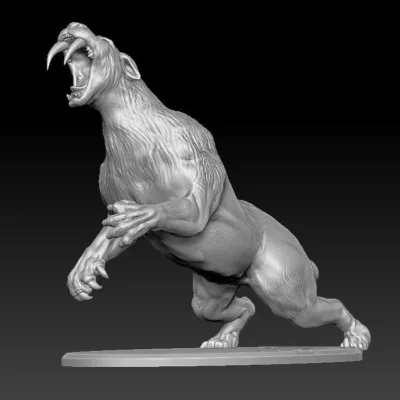
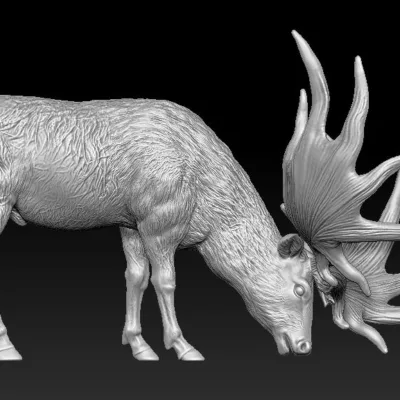
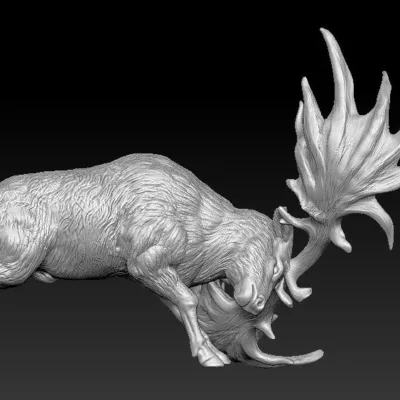
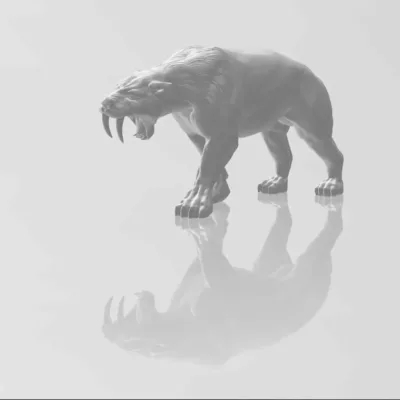
Reviews
There are no reviews yet.